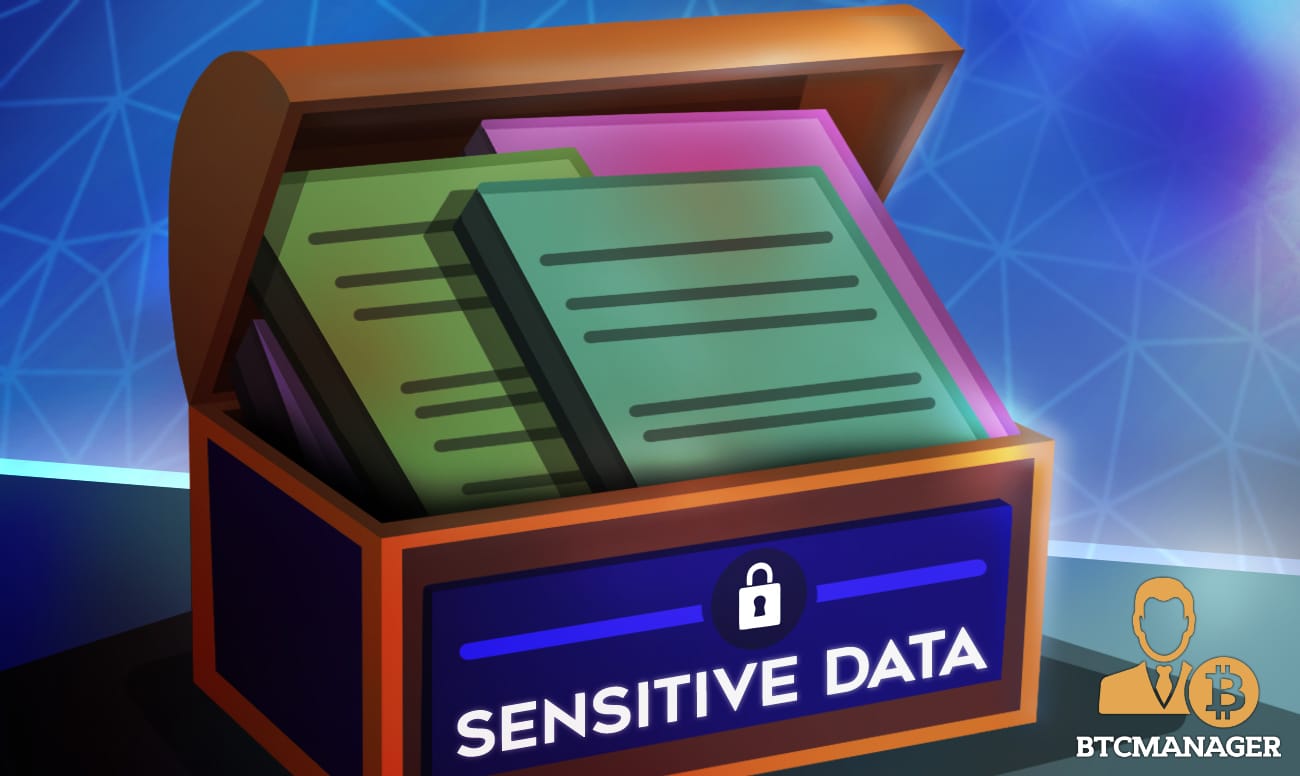The Nakedness of Sensitive Data

Protecting sensitive data has been the core issue that cybersecurity experts have been looking to solve since the internet’s birth.
No matter how hard they try, it seems something always goes wrong. Databases and other file storage systems get hacked all the time. Hackers sell stolen information on the dark web. Criminals have a field day, the cycle continues.
It occurs most especially within the financial information industry. The emergence of information standards such as the Payment Card Industry Data Security Standards (PCI-DSS) and others has not created secure environments for data storage and usage.
For example, despite the implementation of PCI-DSS standards, stolen credit card information and other forms of personally identifiable information (PII) still costs $10 or less in many criminal and underground markets on the dark web.
Can Anyone Trust Third Parties?
Third-party interfaces link businesses and customers.
They are a part of payment systems and other credential services architecture.
Business owners now use merchant accounts to process credit and debit card information when taking orders. The merchants and payment services themselves depend on financial infrastructure providers for just about everything.
The supply chains within the payment systems reveal the weaknesses inherent from end-to-end to hackers and criminals. They test the systems. And once they have an in, they win.
A Few Facts About Hackers
Back in the day, we perceived hackers to wield immense power over human life. Hollywood movies portrayed them as dangerous individuals. These days, the self-fulfilling prophecy the movies predicted is more or less true.
Information systems govern human activities one way or the other. Recent statistics reveal scary truths. The mere fact that a hacking attempt occurs every 39 seconds should give anybody a chill. It means that hacking must be lucrative for criminals who steal sensitive data.
Statistics also place the value of global cyber-criminal activities as one and half times worth more than the Global drug trade in 2018 at $600 Billion. Statistics show that traditional firewalls, antivirus software, and other cybersecurity tools, are obsolete. Hackers will always find new ways and means to gain access to steal information.
Blockchain technology has proven to be the most secure form of data storage. Many see blockchain-based solutions as the only way out as everyone teeters on the brink of information insecurity.
How Blockchain Identity Solutions Help Protect Private Data
Blockchain-based identity solutions have helped stem the tide of data breaches and database hacks. Since nobody can hack blockchains, innovative solutions create a safe space where no hacker can go.
One of those solutions is SelfKey. Selfkey’s digital identity solutions have enabled safe electronic commerce within its ecosystem. The company has taken the concept of digital identity and integrated it within a blockchain-based ecosystem. That way, individual interactions are protected while businesses remain safe from the prying eyes of hackers.
SelfKey allows individuals to store their digital identities within a digital wallet. The wallet gets linked to a host of financial and corporate services the user can access and pay for at any time.
Built on the Ethereum blockchain, the SelfKey wallet allows users to store their ERC-20 tokens and use the wallet for just about anything.
The SelfKey ecosystem works with the KEY token for transactions and the LOCK token for governance within the SelfKey decentralized autonomous organization (DAO). Customized NFTs, called Avatars, can also be minted and traded within the Selfkey’s ecosystem.
Blockchain Ecosystems are a New Paradigm in Cybersecurity
As the popularity of blockchain technology continues to grow, it has become clear to many that the technology offers serious protection against cyber attacks and theft of personal data.
For example, rather than pay for the financial and corporate services using a credit card and personal information within the SelfKey system, users pay using their KEY tokens and digital IDs for verification without the need to expose themselves.
It also creates the perfect trust-based system between the service providers and the customers.
All users within the SelfKey ecosystem have to stake KEY tokens. The general idea is responsible individuals will prove themselves to interact in such an ecosystem. If everyone has something at stake, criminals get discouraged, and it helps keep overall ecosystem integrity intact.
How Blockchain-Based Identity Models Can Save the World
As everyone continues to rely heavily on information systems, blockchain-based identity models will hold sway. The security, affordability, and safety offered by blockchain technology are evident advantages. Individuals and businesses will move en masse towards blockchain identity solutions.
And if the use of a single identity profile on a blockchain can work without the need for third parties, then that is the solution to all the problems that plague payment systems and the people that use them.
Blockchain solutions create a new paradigm where commerce is possible without tears. Privacy of personal data remains without fear. And because blockchains are unhackable, that also paves the way for innovation.
However, it will take continuous data theft and infrastructural shutdowns for people to realize this. Ransomware attacks and industrial infrastructural shutdowns by cybercriminals are proof of this.
As the losses mount, the World is looking for a way out. Companies like SelfKey and others in their class will help out. The mass adoption of blockchains and their allied technologies is on its way!












